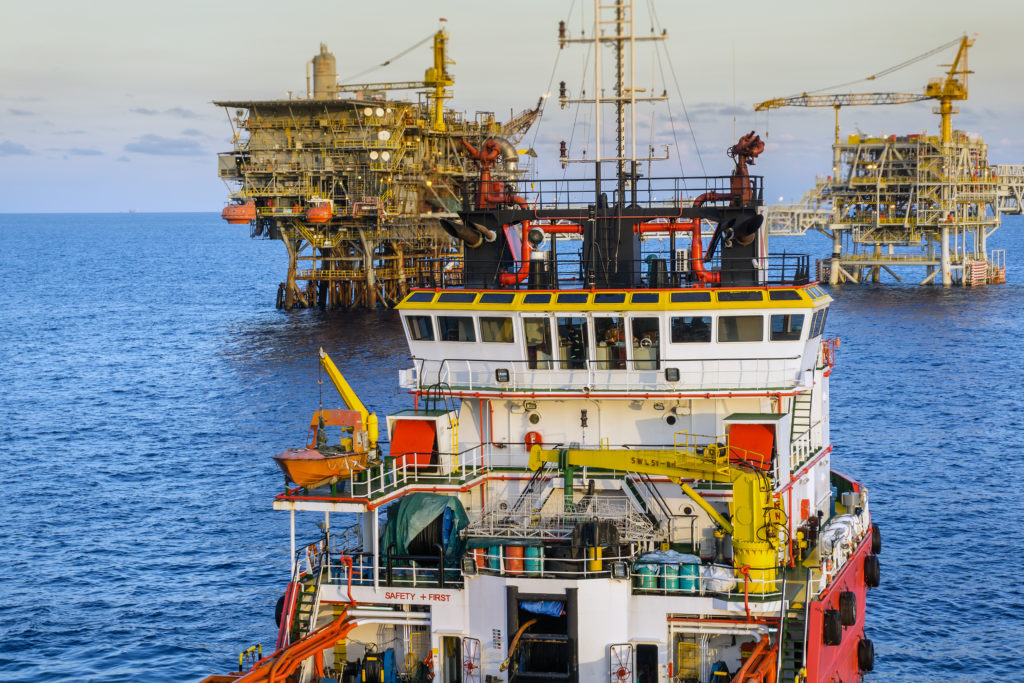The recent capsize of the SEACOR POWER off the Louisiana coast has brought renewed attention to an important question related to maritime disasters. Who is liable when a vessel’s crewmembers are injured or lost?
Multiple parties may have overlapping liability under the law for concurrent acts (or omissions) that contributed to the occurrence. These parties may include the companies that own and operate the vessel, the captain, other crewmembers, and other parties. Maritime employees often pursue claims under the Jones Act against their employers to recover for their injuries. Sometimes, however, it may also be possible to bring claims against the manufacturer of a vessel or its equipment.
How Could a Boat Manufacturer Be Held Responsible?
Product manufacturers owe users a duty to ensure the merchandise they put onto the market is safe for ordinary use. If a product is defective or dangerous, numerous laws hold manufacturers to a standard of “strict liability” for any injuries it causes. A plaintiff need not prove negligence or intent to harm; instead, the statutes allow an injured person to recover damages if they demonstrate that a manufacturer breached its duty.
In Louisiana, the Louisiana Products Liability Act (LPLA) holds manufacturers liable for a product that is “unreasonably dangerous” in its construction, composition, or design should the manufacturer fail to provide sufficient warning of hazards or if the product does not conform to an express manufacturer warranty. However, different laws apply when incidents occur on marine vessels in navigable water (including many docked vessels). Therefore, crew members who survive maritime accidents might have product liability claims under general maritime law against a vessel’s manufacturer or operator.
General maritime law holds manufacturers to similar standards as the LPLA. A product is defective if it has serious flaws in its construction, composition, or design or if the manufacturer fails to provide sufficient warning of hazards or qualifications on its use.
General Maritime Actions
General maritime law claims can be brought for injury or wrongful death occurring in navigable waters of the United States, including state territorial waters. These claims are governed by a three-year statute of limitations and can be filed in either federal or state courts.
A third-party lawsuit brought against a company other than a victim’s employer would likely be brought under general maritime law. If a defective product or piece of machinery contributed to causing the accident or the victim’s injuries, the plaintiff might have grounds for a product liability claim against third-party defendants like product manufacturers, installers, and maintenance companies.
A negligence action under general maritime law would allege that the vessel’s manufacturer failed to use due care either through its actions or omissions. “Negligence” encompasses a wide range of conduct that puts people in danger or fails to protect people against an unreasonable risk of harm. It is a failure to observe the degree of care, precaution, and vigilance which the circumstances demand – that which people of ordinary prudence would use under the same circumstances. (Injured offshore workers may also bring negligence claims against a vessel owner or manufacturer that is not their employer under the Longshoremen and Harbor Workers Compensation Act.
The general maritime law doctrine of unseaworthiness imposes an absolute and non-delegable duty by shipowners to provide a reasonably fit vessel for the intended purposes or voyage. An injured plaintiff need not prove negligence to prevail on an unseaworthiness claim; they only need to show that the vessel or its equipment’s deficiency caused or contributed to their injury. Examples are poorly maintained or unsafe equipment, inadequate crew, lack of safety, lack of handrails, lack of proper safety procedures or training, and other defective conditions.
Recovering Damages for Maritime Accidents – Speak With an Experienced Attorney
General maritime law claims ordinarily allow compensation for economic damages like bodily injury, medical care, and lost wages, as well as compensation for emotional distress like fear and fright. Under some circumstances, damages can also include exemplary or “punitive” damages. Punitive damages are intended to punish a “bad actor” (usually a large corporation or organization) for egregiously unsafe, reckless, or intentional behavior that endangers the general public and to discourage similar conduct.
Determining who is liable in maritime disaster cases – and who should pay – can be complicated, and there is only a limited amount of time for plaintiffs to bring their claims. If you or a loved one has been injured in a maritime accident, contact the Lamothe Law Firm today! We’re here to help to recover the compensation you deserve.










